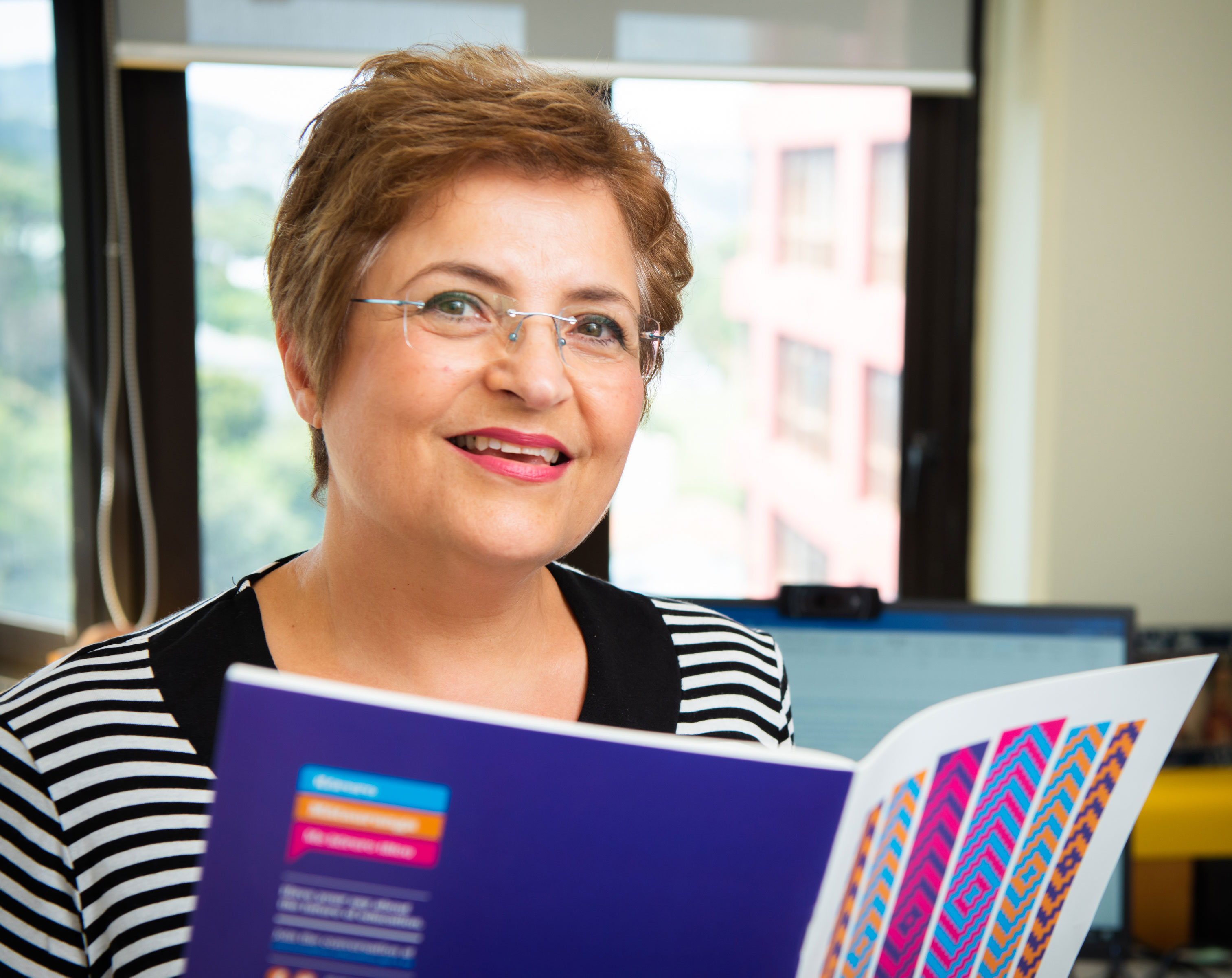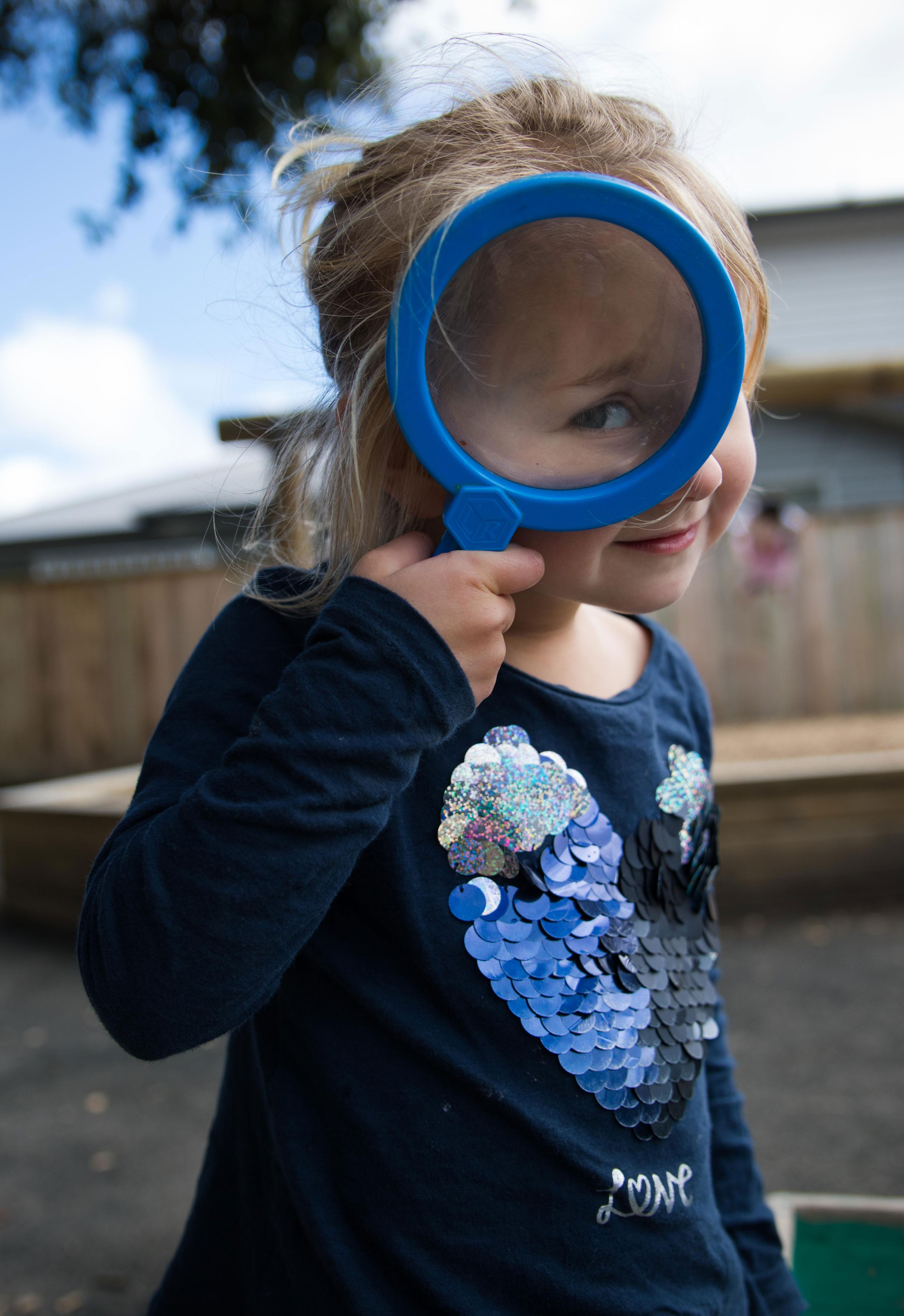The catalyst for her work was Carmen’s own limitations with very young children more than 30 years ago.
“I was a very academic student and loved teaching at secondary school level and the high end of primary school. Then I was given a new entrants’ class in a primary school in Malta. And I was out of my depth.
“It took me quite a while to switch from teaching subjects to understanding that, with young children, you are really opening up the world to them. You need playful approaches and being present to them as people, rather than being there because you understand the subject.
“That was a real insight. To discover my lack of proficiency really challenged me. It started me on the track of thinking, ‘What does it take to make a really good early childhood teacher?’”










